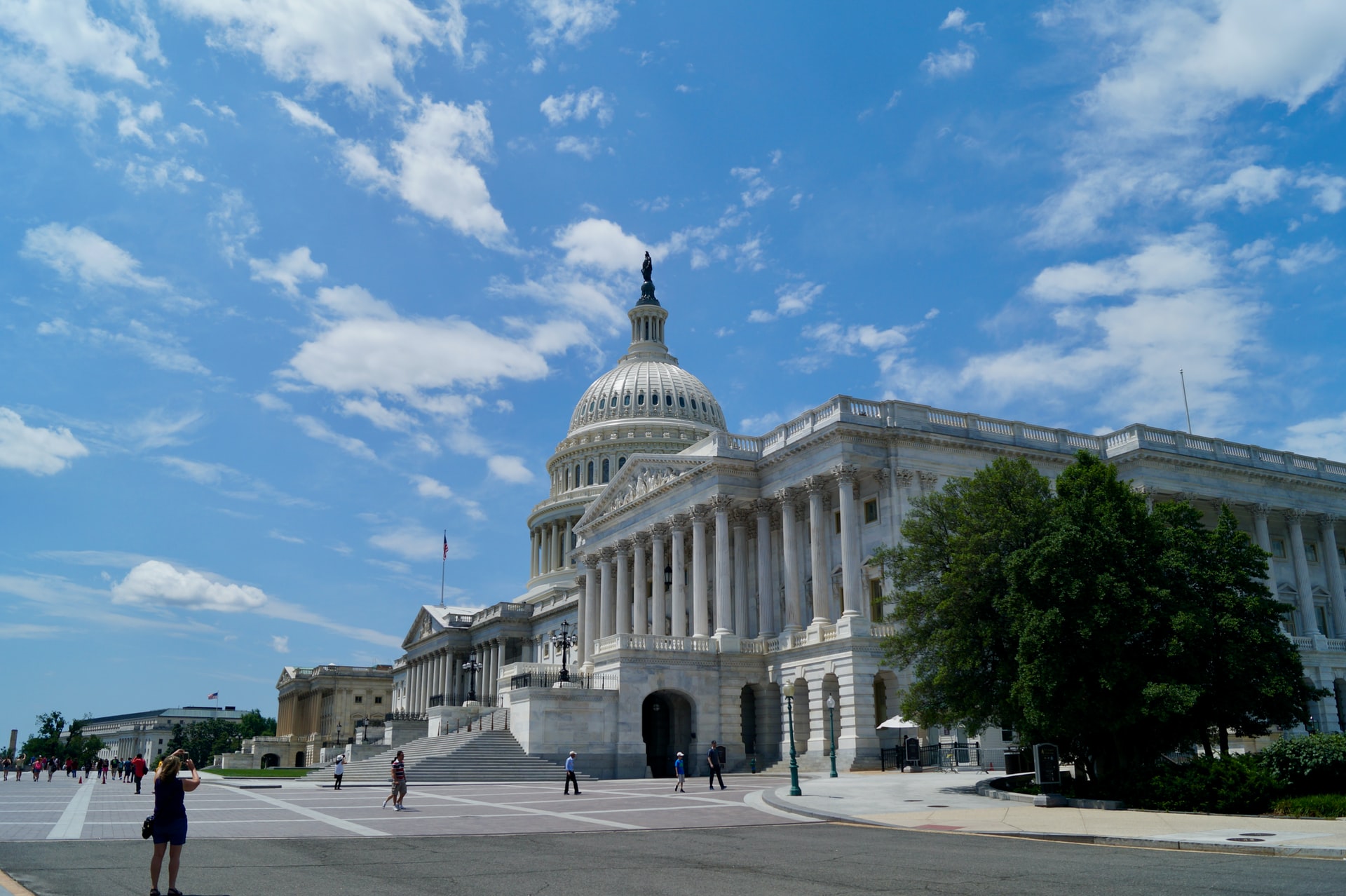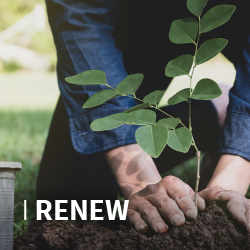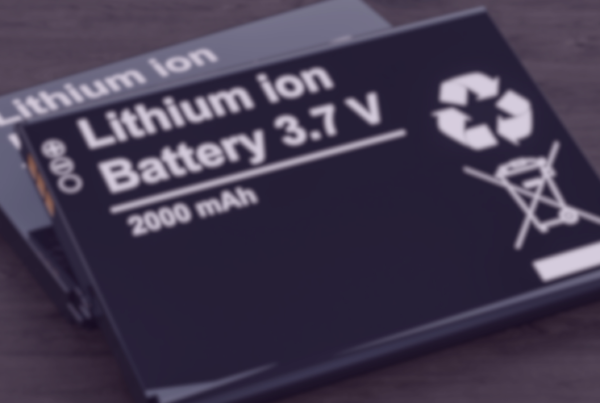Late on Friday, Nov. 5, the U.S. House of Representatives passed the bipartisan INVEST in America Act by a 228–206 vote. Supported by 13 Republicans and all but six Democrats, the legislation goes to President Joe Biden to sign into law.
The $1 trillion infrastructure bill, which the Senate passed in August, focuses on improving the nation’s roads and bridges, freight and passenger rail, and communications systems, and investing in environmentally sustainable energy. “The INVEST Act represents a rare opportunity to greatly improve our nation’s physical infrastructure that will lead to lasting improvements as well as help ease the supply chain shortages,” comments Billy Johnson, ISRI’s chief lobbyist.
Several important components for the recycling industry lie within the infrastructure bill’s 2,700 pages: the $75 million Recycling Enhancements to Collection and Yield through Consumer Learning and Education (RECYCLE) Act, $150 million for critical mineral and battery recycling, and $100 million for the Environmental Protection Agency’s pollution-prevention program.
The bipartisan and bicameral RECYCLE Act “provides public awareness, education, and much needed clarity for residential recycling programs in the United States,” Johnson says. It authorizes a $15 million annual EPA grants program to help educate consumers about residential and community recycling. Its goal is to decrease contamination in the recycling stream and support recycling infrastructure.
ISRI was instrumental in developing the RECYCLE Act and collaborating with the measure’s sponsor, Sen. Rob Portman of Ohio. He introduced the bill in 2019 and it was introduced to the 117th Congress on March 23. “The idea is to fix the problem before it happens,” Johnson explains. “If the recycler receives good material at the start, then it’s easier to get a higher value and better commodity.”
The act requires the EPA to develop a model recycling program toolkit to improve recycling rates and to decrease contamination in the recycling stream. The agency must review and revise, if appropriate, its Comprehensive Procurement Guidelines, which designate products containing recycled materials and provides recommended buying practices for federal agencies.
The infrastructure package includes provisions for battery research, voluntary labeling, and how to recycle lithium-ion batteries, while providing advisories for worker protections. “The public is becoming more aware of the problem these batteries pose to the recycling industry,” Johnson says. “Hopefully this provision will lead to some good solutions for the safe collection, handling, and recyclability of lithium-ion batteries.”
There’s $100 million set aside for the EPA pollution-prevention program where the agency awards grants to private entities to tackle pollution. “I think this is something recyclers ought to keep an eye on,” Johnson says. “These are generally going to be small things, like a grant to improve a facility by installing a stormwater system—but small things add up.”
The package includes $3.5 billion available for five years for the remedial account within the Superfund. The EPA will invest in cleanups and move forward on remedial actions for Superfund sites. “This is a way to clean up neighborhoods and areas harmed by pollution up quickly and efficiently, and it improves the lives of a lot of people,” Johnson says.
“The RECYCLE Act presents the most effective solutions toward addressing the contamination issues surrounding residential recycling through public education and awareness of what to put in the recycling bin—and just as important, what to leave out,” he adds.
Congress intends to vote on a $1.75 trillion reconciliation bill, which includes sweeping social and climate change measures, once the Congressional Budget Office issues its cost-analysis report in the coming weeks. That report will estimate the effects of the bill on direct federal spending and reserves. ISRI will update its members on any provisions that may affect the industry.
Additional Resources













